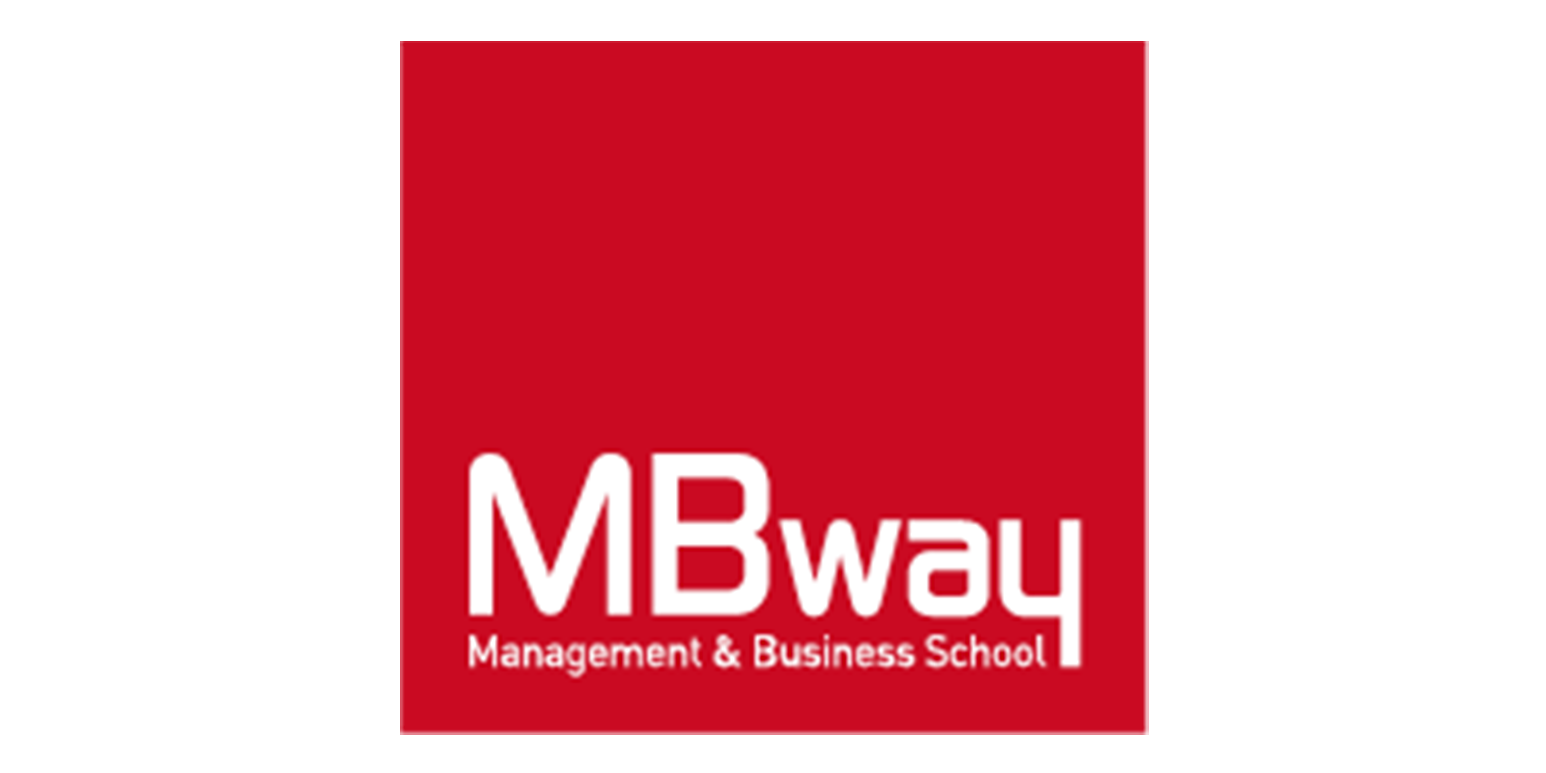Block-release courses and MBAs: a springboard to employment
Block-release programmes are highly valued for giving access to employment and are chosen by a large majority of students who prefer it to full-time studies in 80 % of cases.
Block-release programmes are a form of alternating education, making the link between school and the world of work, and should be seen as a path to excellence oriented towards acquiring operational skills. They are a real passport to employment, allowing students from business schools to earn recognised and useful qualifications while teaching them to interact in a group context, developing their personal skills and expertise.
In France, vocational block-release programmes lead to a long-term job in eight out of ten cases.
- Business & Entrepreneurship
- Marketing, Communication & Digital
- International Business
- Business Administration & Finance
- Asset Management
- Human Resources
- Social Relations and HR Strategy
- Project Management
- Supply Chain & Purchasing
MBway: MBAs and block-release business studies
The foundations of block-release courses are part of the educational philosophy at MBway, with a pragmatic teaching approach, adapted to the employment market, and the aim of helping students become efficient, responsible and immediately operational co-workers.
The block-release MBA is the natural extension of the close relations that each MBway school has forged with the economic players in its region, where the school is a representative and vital partner. MBA1 and MBA2 of the business courses can be done in a company: 3 days at school every two weeks, meaning 70 % of the time in the company, with a professionalisation work contract (students have employee status, the costs of training are financed by the company, and students aged over 21 and under 26 are paid at 80 % of the minimum wage).
What you need to know about block-release courses
Block-release programmes are available via two forms of contract:
- The apprenticeship contract: this is designed for young people aged 16 to 25 in higher education. State-certified and official diplomas are eligible.
- The professionnalisation contract: the minimum duration is from six to twelve months and can be extended to twenty-four months. It is for young people aged between 16 to 25 and for job seekers aged 26 or over. Pay is a percentage of the minimum wage, depending on your age and the level of the diploma you are studying for.
Block-release contracts (apprenticeship and professionnalisation contracts) give you the right to unemployment benefits (ASSEDIC) if you do not obtain a permanent work contract at the end of the course. You have official status in the company once your block-release contract has been officially registered. You then have the same rights as other employees (paid holidays, collective bargaining agreement, etc.). Trial periods are between 1 and 2 months.
The cost of the block-release course: nothing for the student! Local authorities and the apprenticeship tax paid each year by companies go towards the costs of the training in your business school.

